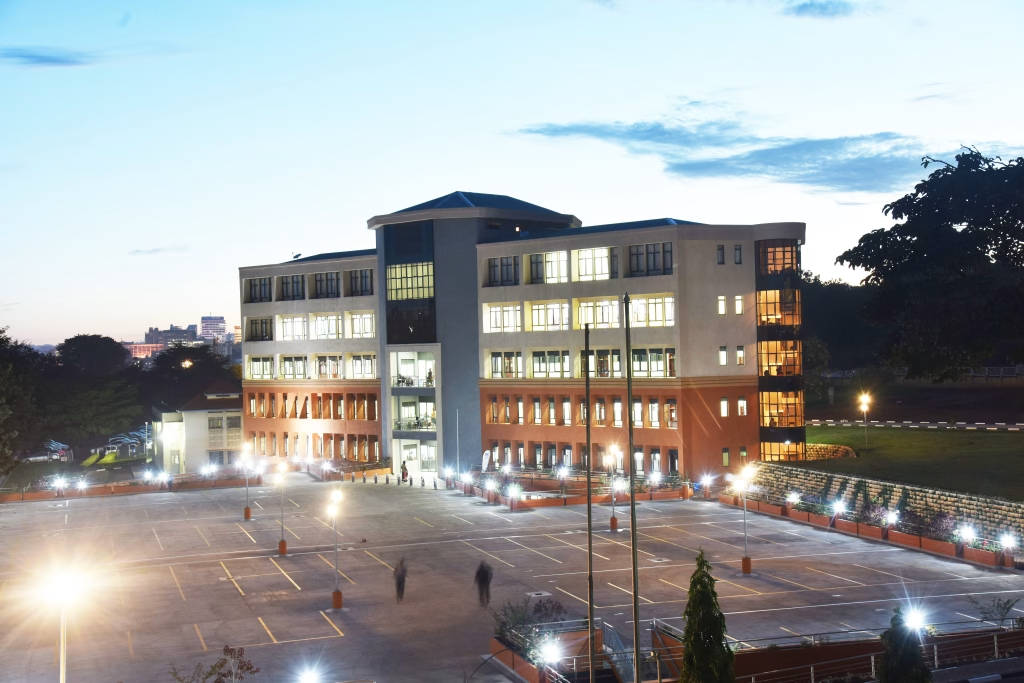eLearning Africa
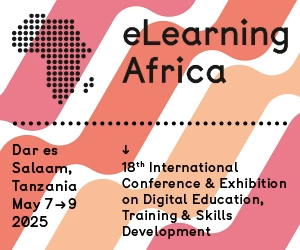
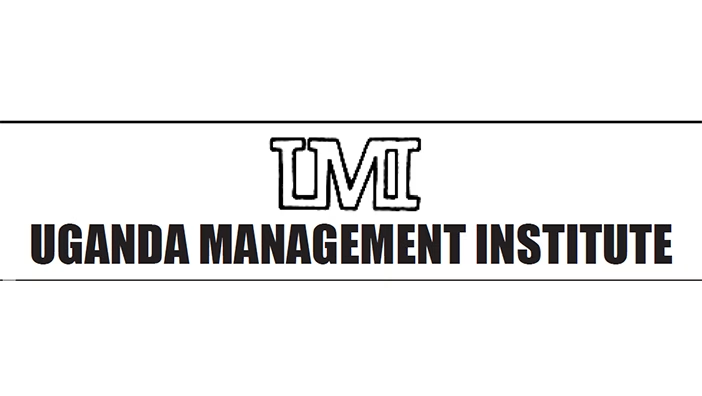
The Uganda Management Institute (UMI) started in October 7, 1969 as a Management Development Institute (MDI), then known as the Institute of Public Administration. The Institute was mandated to conduct intensive in-service training to quickly develop management capacity in the public service. It has gone through various transformations to what it is right now. In 2004, UMI was elevated to a Degree-Granting Institution by an act of Parliament. However, UMI remained an MDI. What this means is that it was able to grant degrees while continuing with its mandate of offering short courses leading to the award of certificates and diplomas. With these two mandates, UMI was then restructured into four schools; the School of Business and Management; the School of Civil Service, Public Administration and Governance; the School of Distance Learning & Information Technology as well as the School of Management Sciences. Today, UMI is geared towards the fourth industrial revolution and our anchor point is to be a Research Led University.


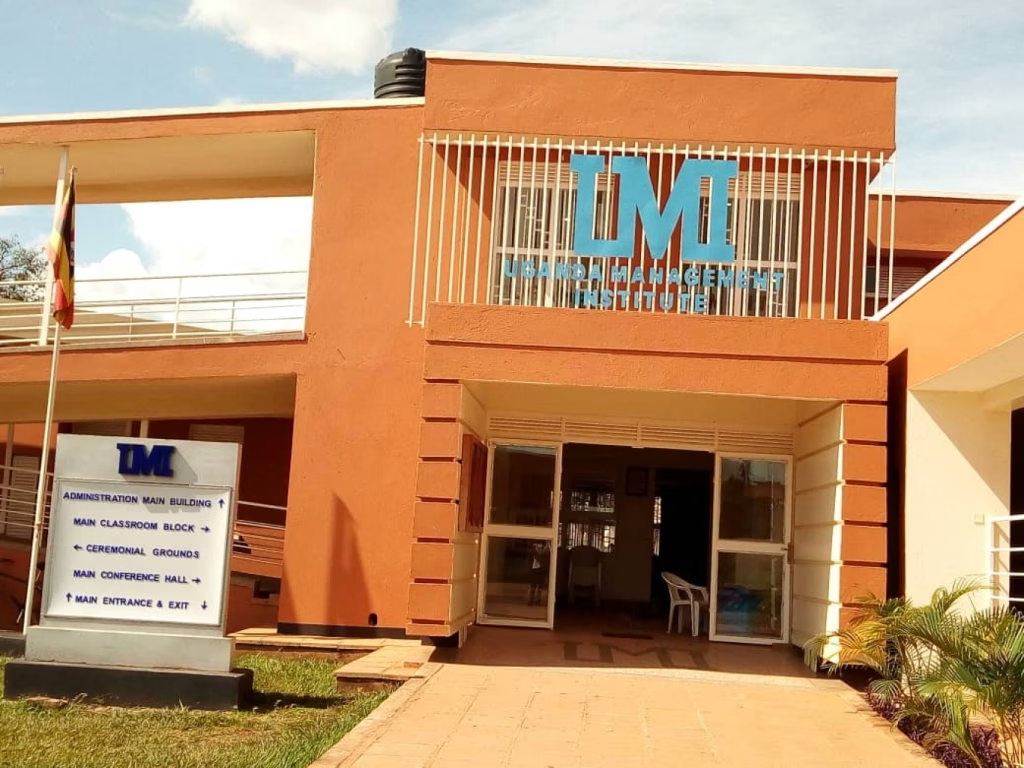


CED-CI offers an online e-learning platform that allows learners to access courses from any location at their convenience. This platform provides a range of courses designed to meet the needs of various professionals.
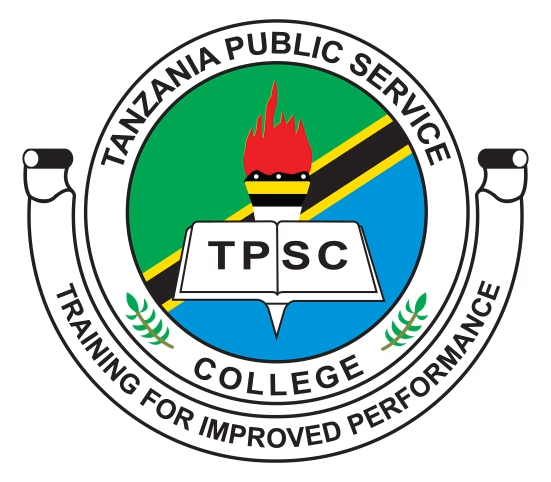
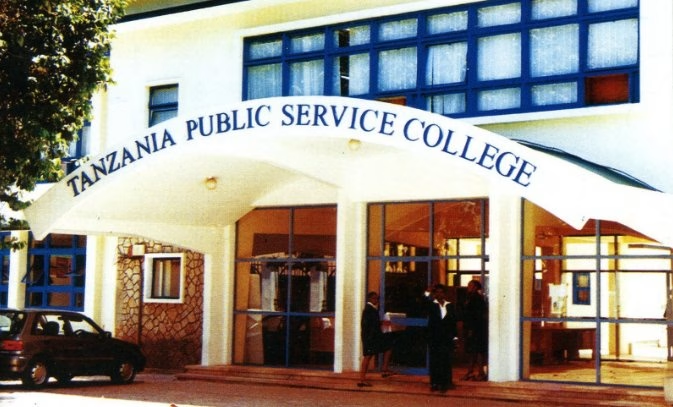
🌟 Why it’s important:
TPSC plays a key role in capacity building within the Tanzanian public service.
It supports the government’s vision to create a more professional and efficient civil service.
It equips students and professionals with practical skills for public management and administration.
Tanzania Public Service College (TPSC) – Dar es Salaam Campus is one of the campuses of the Tanzania Public Service College, a government-owned institution established to provide education, training, and consultancy services aimed at improving public service delivery in Tanzania.
📍 Dar es Salaam Campus Overview:
Location: Situated in the heart of Dar es Salaam city, often making it more accessible for government workers and students from various parts of the country.
Focus: The campus offers a wide range of programs and short courses tailored to public sector needs, as well as general professional and academic training.

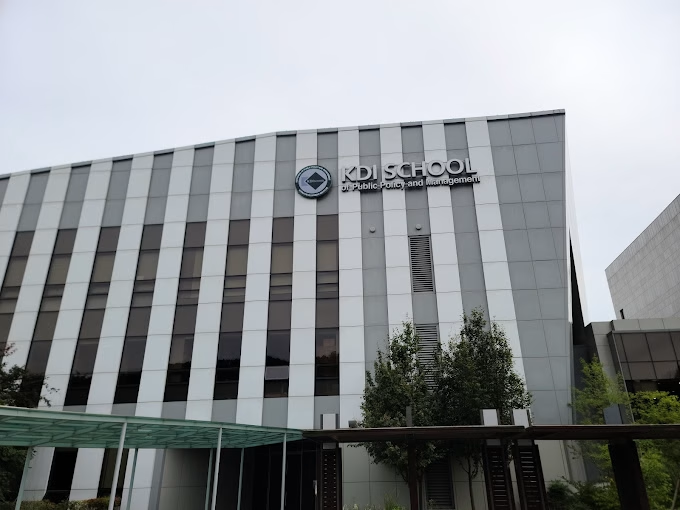
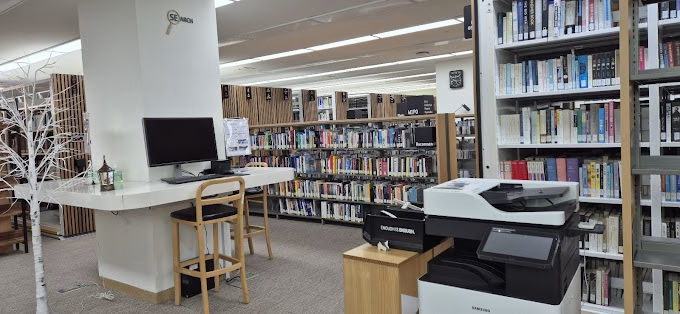



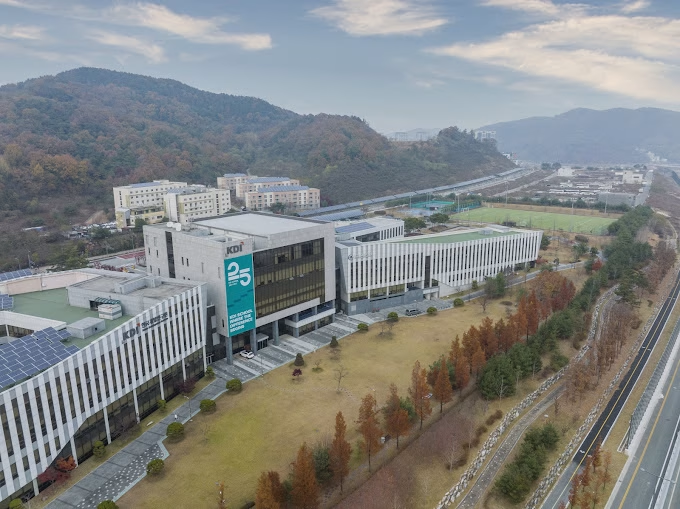

The KDI School of Public Policy and Management is a prestigious graduate institution located in Sejong City, South Korea. Established in 1997 by the Korea Development Institute (KDI)—one of Asia’s leading economic policy think tanks—it aims to cultivate global leaders in public policy, development, and management.
🎓 Academic Programs
The KDI School offers a range of graduate programs, including:
Master of Public Policy (MPP): Designed to provide a global perspective and professional expertise in public policy areas. KDI School
Master of Development Policy (MDP): Focuses on socio-economic development and policy-making, particularly in the context of developing countries.
Master of Public Management (MPM): Aims to enhance managerial and leadership skills for public sector professionals.
Ph.D. Programs: Offered in Public Policy, Development Policy, and Public Policy and Management, these programs prepare students for careers in academia, public, and private sectors.
All courses are conducted in English, attracting a diverse student body from over 100 countries, including mid-career professionals from government, NGOs, and international organizations.

The Global Development Learning Network (GDLN) is an international partnership of over 120 recognized institutions (Affiliates) across approximately 80 countries, coordinated by the World Bank. Established in 2000, GDLN connects governments, educational institutions, NGOs, and international organizations to facilitate knowledge sharing and capacity building in support of global development initiatives.
🌍 What GDLN Offers
Customized Learning Programs: GDLN designs and delivers tailored learning sessions, including training courses, seminars, and virtual conferences, to address specific development challenges.
Access to Experts: Participants gain direct access to local, regional, and international development experts, fostering collaborative learning and exchange of best practices.
Advanced Communication Technologies: Utilizing state-of-the-art facilities, GDLN offers multi-point videoconferencing and internet-based learning, enabling interactive participation across different locations.
Global Reach: With over 500 access points worldwide, GDLN ensures widespread availability of its programs, even in remote areas.

